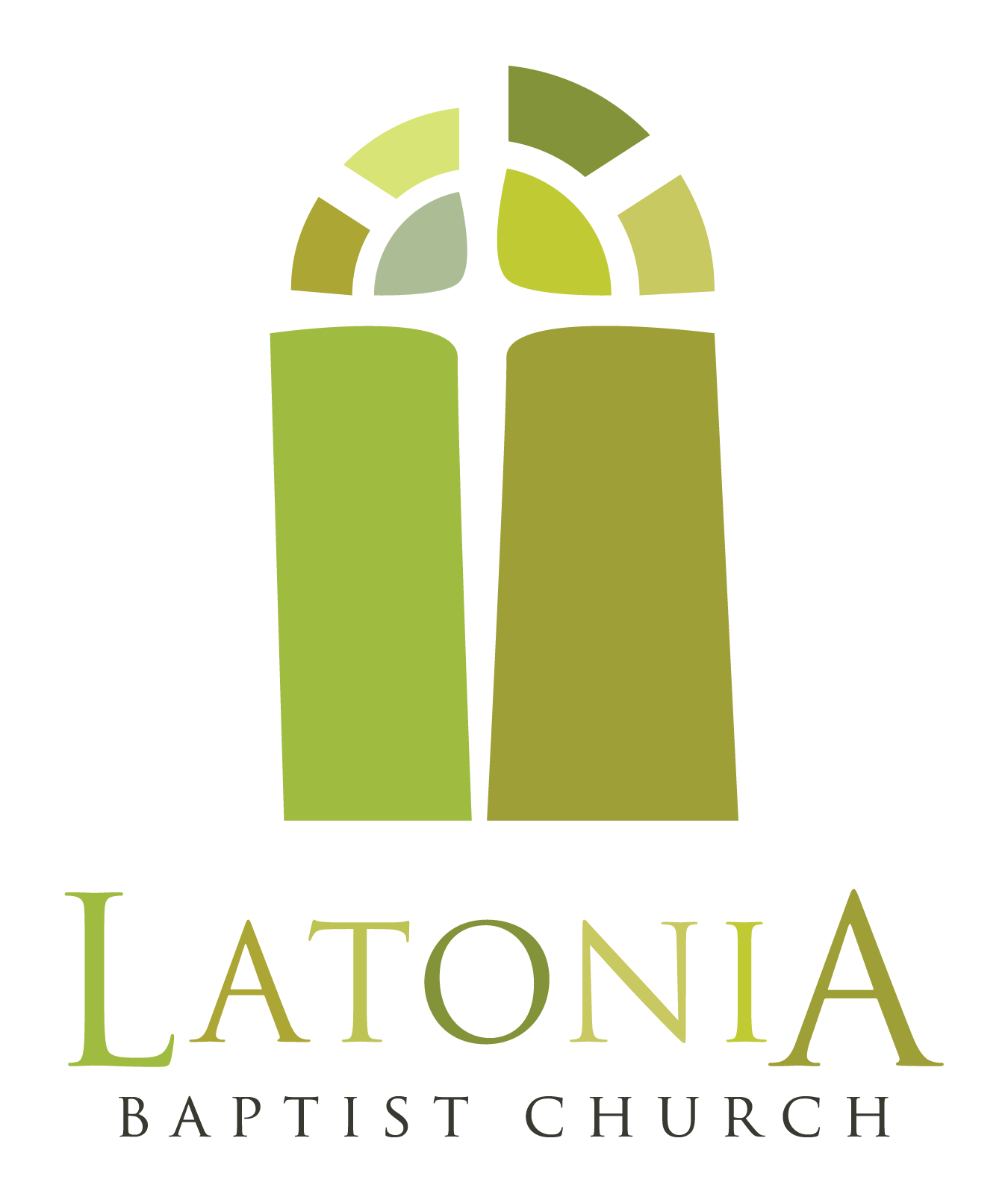Our Beliefs
The Scriptures
The Holy Bible was written by men divinely inspired and is the record of God's revelation. It is the only sufficient, certain, and authoritative written rule of all saving knowledge, faith, and obedience. The criterion by which the Bible is to be interpreted is Jesus Christ.
God
There is one and only one living and true God. To Him we owe the highest love, reverence, and obedience. The eternal God reveals Himself to us as Father, Son, and Holy Spirit.
Man
The sacredness of human personality is evident in that God created man in His own image, in that Christ died for man; therefore, every man possesses dignity and is worthy of respect and Christian love. In the beginning, man was innocent of sin and was endowed by His Creator with freedom of choice. By his free choice man rebelled against God and brought sin into the human race.
Jesus Christ
Jesus Christ, the Son of God, is the only mediator of God and man. He perfectly fulfilled the law, died upon the cross, was buried, and rose again for the salvation of mankind. He ascended to the Father at whose right hand he ever lives to make intercession for His people.
Salvation
Salvation involves the redemption of the whole man and is offered freely to all who accept Jesus Christ as Lord and Saviour. It begins with a genuine turning from sin toward God (Repentance) and is the beginning of a new life wrought by the inner working of the Holy Spirit (Regeneration). Growth toward spiritual maturity, through the presence and power of the Holy Spirit dwelling in the believer, should continue through the Christian life (Sanctification).
Faith
Faith is the firm belief that God, as revealed in Scripture and through the indwelling Holy Spirit, has redeemed us through Christ Himself for all eternity, and that this saving grace brings forth in the redeemed the fruits of a new life.
The Church
The Church is the people of God in Jesus Christ to whom have been given the responsibility of witnessing for Christ as Saviour and Lord; ministering in the spirit of His love, proclaiming the Gospel, and providing the learning context in which Christian disciples can grow toward maturity.
Baptism
Baptism is an ordinance in which a believer is immersed in water in the name of the Father, and of the Son, and of the Holy Spirit. This ordinance, while not an instrument of Salvation, signifies one's partaking of the death and resurrection of Christ and the commencement of a new life.
The Lord's Supper
The Lord's Supper is a symbolic act of dedication and obedience whereby disciples of Jesus Christ through partaking of the bread and the cup, give thanks for God's love revealed in the cross of Christ, for God's continuing presence with His people, and for the hope of Christ's coming again.
The Lord's Day
The first day of the week is the Lord's Day. It is a Christian institution which commemorates the resurrection of Christ from the dead and should be employed in rest, and in exercises of of worship and spiritual devotion.
Religious Liberty
God alone is Lord of the conscience, and He has left it free from commandments of men which are contrary to His will. Church and state should be separate. The state owes to every church protection and full freedom in the pursuit of its spiritual ends. In providing for such freedom no ecclesiastical group or denomination should be favored by the state more than others. A free church in a free state is the Christian ideal, and this implies the right of free and unhindered access to God on the part of all men. However, civil government is ordained of God, and it is the duty of Christians to render loyal obedience thereto in all things not contrary to the revealed will of God.
The Resurrection and Judgement
Jesus Christ will some day personally return to the earth. At this time the dead will be raised, and Christ will judge all men. The unrighteous shall be sent to Hell, a place of everlasting punishment; the righteous shall dwell forever with their Lord in Heaven.
